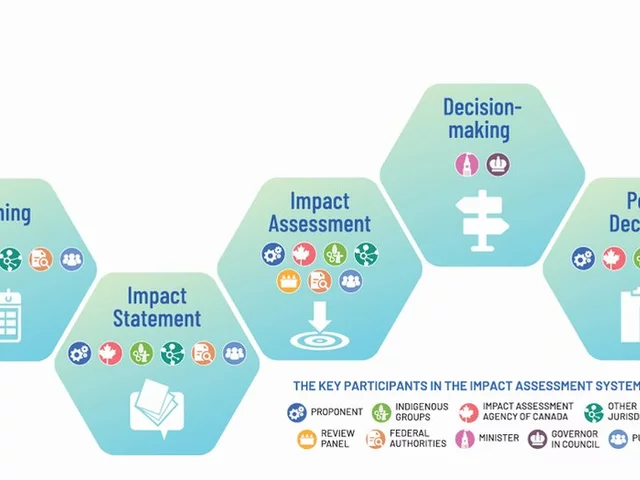Does tourism contribute to the economy of a country?

Exploring the Benefits of Tourism for a Country's Economy
Tourism is a major engine of economic growth in many countries around the world. Not only does it bring in direct income through spending by visitors, but it also brings in indirect income through taxes, fees, and other sources. Tourism is often seen as one of the most important sources of foreign exchange for a country's economy, and in many cases, it can be responsible for the development of infrastructure and other necessary services. In this article, we will explore the benefits of tourism for a country's economy and how it can help a country grow and develop.
Direct Income
One of the most important benefits of tourism for a country's economy is the direct income it brings in. This is money that is spent directly by visitors, such as on accommodation, food, transportation, and other activities. This money is then used to pay for services and goods, which helps to stimulate the economy. This direct income can also be used to fund infrastructure projects and essential services, such as healthcare and education.
Indirect Income
In addition to direct income, tourism also brings in indirect income. This is money that is generated through taxes, fees, and other sources. This money is then reinvested in the economy, helping to fund essential services and infrastructure projects. This indirect income can also be used to help create jobs and boost economic growth.
Improved Infrastructure
Tourism can also lead to improved infrastructure in a country. This includes transportation, accommodation, and other services that are necessary for tourism. The money generated from tourism can be used to invest in infrastructure projects, such as roads, bridges, and airports. These improved infrastructures can then help to stimulate the economy in other ways, such as by creating jobs and increasing foreign investment.
Increased Visibility
Tourism can also lead to increased visibility for a country. This is because tourists often bring home stories and memories of their experiences in the country, which can be shared with others, promoting the country's image internationally. This increased visibility can be used to attract more tourists and foreign investments, both of which can help to stimulate the economy.
Cultural Exchange
Finally, tourism can also lead to cultural exchange. This is because tourists often bring with them different cultures and experiences from their home countries, which can be shared with the locals. This cultural exchange can help to break down barriers and promote understanding and appreciation between different cultures, which can be beneficial for the economy.
In conclusion, tourism can be a major engine of economic growth in many countries. It brings in both direct and indirect income, which can be used to fund infrastructure projects and essential services. It also leads to improved infrastructure, increased visibility, and cultural exchange, all of which can help to stimulate the economy. Therefore, it is clear that tourism can be a major benefit to a country's economy.
How Tourism Can Help Drive Economic Growth in Developing Nations
When it comes to developing nations, tourism can be a major contributor to economic growth. By bringing in foreign income and creating jobs, tourism can help fuel economic development in developing nations. Here are a few ways tourism can help drive economic growth in developing nations.
Creating Jobs and Improving Infrastructure
Tourism can create jobs in the form of hotels, restaurants, and other services related to the tourism industry. This can help to reduce unemployment and poverty in developing nations. Additionally, tourism can help to improve infrastructure in developing nations, such as roads, airports, and public transportation. This can help to make it easier for tourists to access the country and make their stay more enjoyable.
Generating Foreign Income
Tourism can also be a major source of foreign income for developing nations. Tourists spend money while they are in the country, which can help to boost the local economy. Additionally, tourists often bring in foreign currency, which can help to stabilize the local currency and increase its purchasing power.
Promoting Cultural Exchange
Tourism can also help to promote cultural exchange between the people of a developing nation and those of other nations. When tourists visit a country, they often bring with them ideas, values, and customs from their own culture, which can help to broaden the cultural perspectives of the locals. Additionally, this cultural exchange can also help to create a greater understanding and appreciation for other cultures, which can lead to increased cooperation and understanding between nations.
Providing Opportunities for Entrepreneurs
Finally, tourism can also provide opportunities for entrepreneurs in developing nations. By creating jobs, generating foreign income, and promoting cultural exchange, tourism can create new opportunities for business owners in developing nations. This can help to increase economic growth, as well as create new opportunities for those who may not have otherwise had access to them.
Overall, tourism can be a major contributor to the economic growth of developing nations. By creating jobs, generating foreign income, improving infrastructure, and providing opportunities for entrepreneurs, tourism can help drive economic growth in developing nations.


